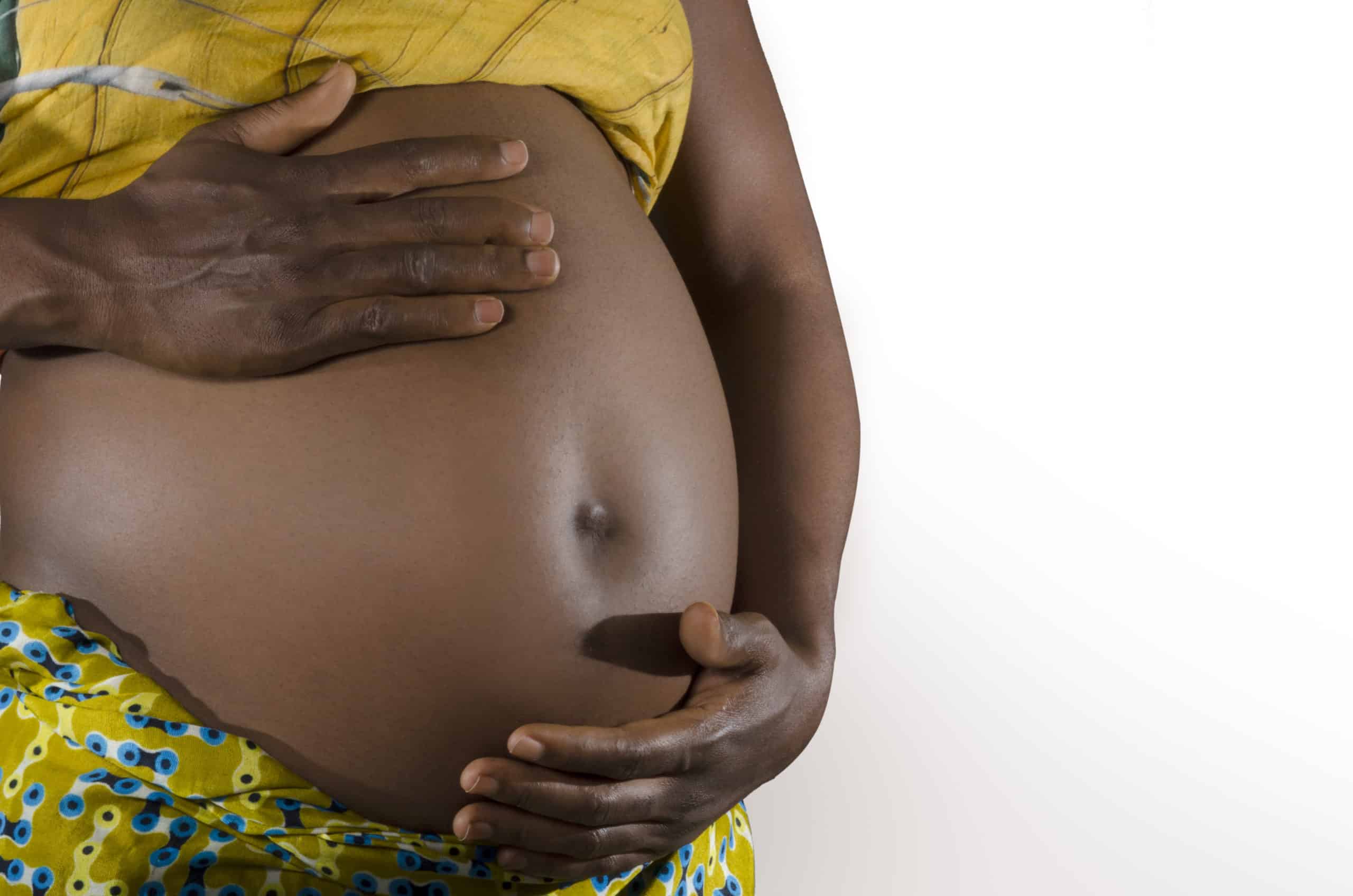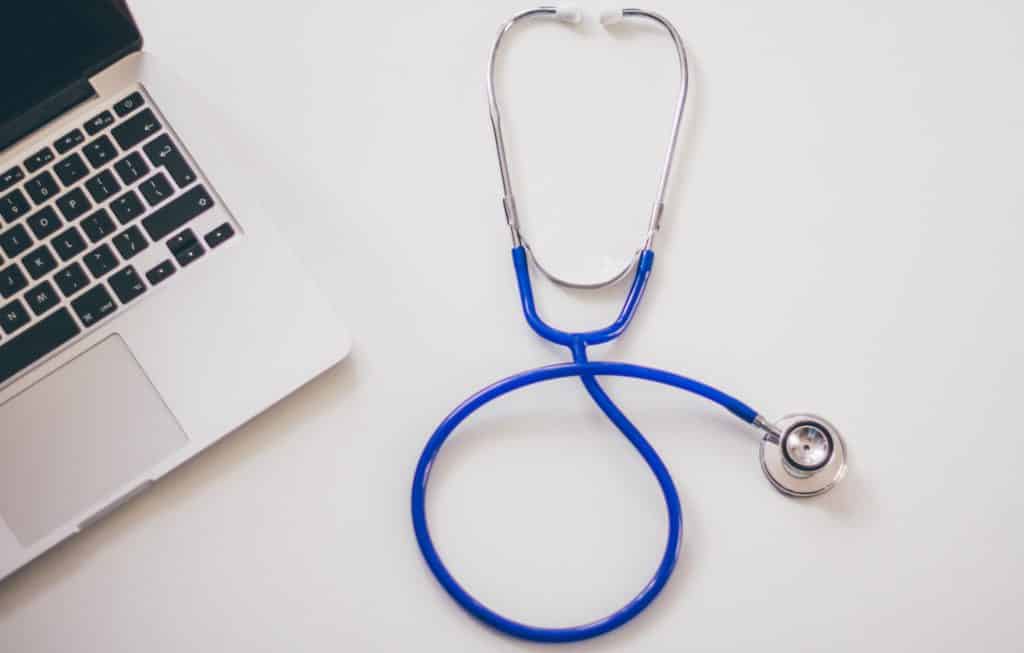It is relatively common for pregnant women to have low blood pressure during pregnancy. This is usually not a cause for concern as the blood pressure returns back to normal in most cases. However, if blood pressures get too low during pregnancy, it may be harmful for both mother and child.

What Is Blood Pressure?
Blood pressure is the measure of force your heart uses to pump blood around your body.
It may fluctuate during the day based on the time, level of activity or emotional state. If you are pregnant, your doctor will likely check your blood pressure at your routine hospital visits. This is because your blood pressure reveals a lot about the health condition of you and your baby.
How Does Pregnancy Affect Blood Pressure?
A lot of changes happen to your body during pregnancy.
One of these changes include changes to your blood pressure. It is common for blood pressure to drop withing the first 24weeks of pregnancy.
What Is Low Blood Pressure?
Normal blood pressure is a blood pressure reading less than 120/80 mm Hg.
Your blood pressure is considered low if it falls below 90/60 mm Hg.
Is Low Blood Pressure During Pregnancy Dangerous?
Low blood pressure during pregnancy is not generally a cause for concern. It only becomes worrisome when you begin to have symptoms; meaning your blood pressure is getting too low.
A blood pressure reading that is too low is very dangerous as it may lead to organ damage or shock. Also, having sharp drops in blood pressure is a cause for concern as it may be an indication of an underlying medical condition.
Symptoms of Low Blood Pressure
It is possible to have a low blood pressure and not know unless your blood pressure readings are taken. Nevertheless, some signs and symptoms you should watch out for include:
dizziness
lightheadedness, especially when standing or sitting up
feeling sick
fainting
general body weakness or fatigue in pregnancy
nausea
tiredness
blurred vision
unusual thirst
clammy, pale, or cold skin
rapid or shallow breathing
lack of concentration or confusion
Some of these symptoms may get noticeably worse when you change into an upright position e.g lying down to sitting or sitting to standing.
Call your doctor if you notice any of these symptoms, especially if you are pregnant.
Diagnosis and Management
Low blood pressure can easily be diagnosed with a simple test. This test can either be done in your doctor’s office or by your self at home. Blood pressure readings are taken with a pressure-measuring gauge with an inflatable cuff that goes around the arm.

In most cases. you will not require medications to manage low blood pressure in pregnancy. However, your doctor may want to carry out other tests to rule out the possibility of an underlying condition.
What You Can Do
If your low blood pressure is causing you symptoms like dizziness, here are some helpful tips for you:
- Get up slowly when trying to sit or stand up.
- Avoid standing up for too long.
- Eat more frequently-take small meals throughout the day.
- Avoid taking very hot baths or showers.
- Stay hydrated by drinking lots of water and fluids.
- Avoid wearing tight clothes. Opt for loose, comfortable clothes instead.
- Maintain a healthy diet enriched with lots of fruits and vegetables.
- Take all your prenatal vitamins and supplements
After Childbirth
Your blood pressure should return back to normal once you give birth. Your doctor will continue to monitor your blood pressure in the hours and days after you deliver your baby and also at your postnatal appointments.
A Final Note
Most pregnant women will develop low blood pressure during pregnancy. This is normal and should not be a cause for concern. However, if you begin to have bothersome symptoms, you should contact your doctor immediately.
REFERENCES
- Chen A, et al. (2007). Does low maternal blood pressure during pregnancy increase the risk of perinatal death?
ncbi.nlm.nih.gov/pmc/articles/PMC2225167/ - Mayo Clinic Staff. (2018). Low blood pressure (hypotension).
mayoclinic.org/diseases-conditions/low-blood-pressure/symptoms-causes/syc-20355465 - Steer P, et al. (2004). Maternal blood pressure in pregnancy, birth weight, and perinatal mortality in first births: Prospective study. DOI:
10.1136/bmj.38258.566262.7C - Warland J, et al. (2008). Maternal blood pressure in pregnancy and stillbirth: A case-control study of third-trimester stillbirth. DOI:
10.1055/s-2008-1075031 - Zhang J, et al. (2001). Low blood pressure during pregnancy and poor perinatal outcomes: An obstetric paradox. DOI:
10.1093/aje/153.7.642 - Shutterstock

